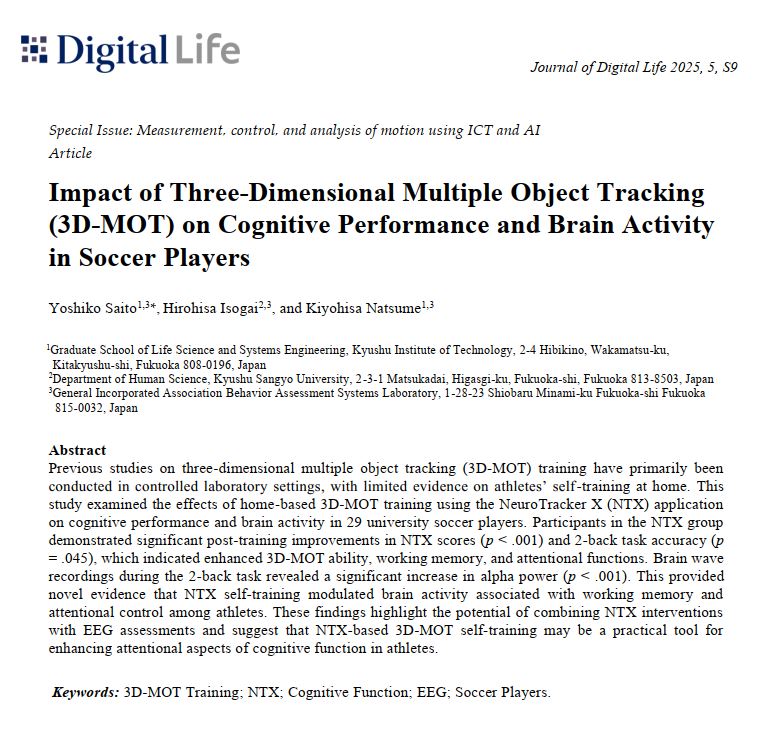Welcome to the Research and Strategy Services at in today's fast-paced.


In the competitive sports realm, the ability to react quickly is paramount. In fact, a sudden delay in reaction time can make a difference between whether you win or lose. As a result, athletes are required to respond to situations quickly and effectively to make the right decisions and initiation actions. Reacting faster than an opponent can also increase your odds of defeating them. But, what sports require the quickest reaction time? Are there certain sports where fast responses are more important than others? Yes! Here are 5 sports that definitely require high reaction speeds:
In hockey, a major challenge is that players need to control and follow a puck that moves at incredible speeds. A hockey goalie, however, has arguably one of the most difficult jobs in the sports world. For instance, a goalie has to stop a frozen, six-ounce puck traveling directly towards him or her, at an excess of 100 mph, all while wearing 50 pounds of equipment.
When you’re trying to determine opportunities and threats on the field, you have to react within a split second. Soccer players have to avoid collisions and dodge some players that run over 20mph! Similarly, a goalie usually has only 0.3 seconds to react to a penalty kick. It’s evident that to stay a step ahead of the competition, you have to be able to process visual information more quickly to make faster plays.
Anyone who has put on boxing gloves can attest to the difficulty and stamina it takes to box. Boxers have to anticipate and react to their opponent’s efforts, all while punching with all-out power and speed, and overcoming fear. Simply imagine a three-minute round where someone is trying to punch you at full force, while you’re trying to do the same.
When drivers are traveling around 200 mph, reaction time becomes quite critical to their safety. Drivers have to know where and when it’s important to go fast and when to go slow, which requires car control, balance, patience and situational awareness. There’s no time to calculate whether to go for it or hold back, so a driver has to have a heightened sense of risk and return.
Tennis, badminton, table tennis and squash all require swift reflexes. If a player is indecisive about how to handle an oncoming serve, he or she could miss the ball or birdie completely. In tennis, the average serve can travel over 120 mph and in table tennis up to 90mph, while in badminton you’re dealing with speeds over 300 mph over a very short distance. Consequently, you need to consistently react in a fraction of a second throughout the game. It’s also imperative that players are able to anticipate their opponent’s next move, requiring their mind and body to function independently, yet cohesively.
There are multiple factors that determine an athlete’s reaction speed time. Some of these include an athlete’s size (weight and height), age, training, sex, and cognitive abilities. All of these factors will play a critical role in how quickly an athlete is able to react in a certain situation.
That being said, cognitive training can help athletes enhance their cognitive abilities that are critical to reaction speed. Training the mind is important to process visual information more quickly, read body movements more effectively and maintain focus for longer periods of time. With enhanced visual processing abilities, athletes may be able to react more quickly in crucial situations and gain a competitive edge.







Welcome to the Research and Strategy Services at in today's fast-paced.

Standardized testing environments combine predefined formats and time limits that narrow how knowledge can be expressed. This interpretive guide help to distinguish structural constraint from reduced cognitive capacity.

Divided attention demands can alter performance through multiple processing streams rather than reducing cognitive capacity. This article interprets how to distinguish structural allocation from diminished ability under environmental constraint.

Reduced action range can alter performance by narrowing what can be physically or perceptually executed rather than diminishing cognitive ability. This article interprets how to distinguishing structural boundaries from capacity limitation.
.png)